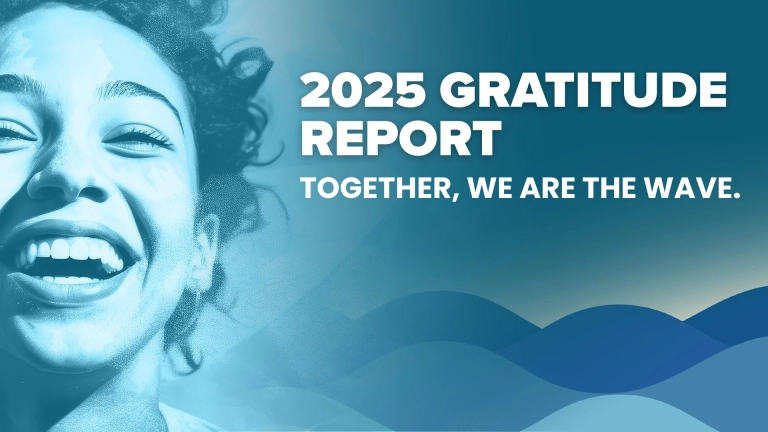Pornhub, the focus of the #Traffickinghub campaign which began getting traction and widespread awareness in early 2020, is owned by a seemingly-nondescript “technology” company called MindGeek.
Operating as what is known as a “porn aggregator tube site,” Pornhub is one of the most-visited pornographic websites in the world. (It also ranks as one of the most-visited websites overall ahead of non-pornographic websites such as CNN, BBC, Spotify, the New York Times, and more.) Every day, Pornhub serves as a willing and profiting host to a wide-range of degrading material that includes (but is not limited to) racism, incest, and violence against women.
Tragically this is only the tip of the exploitative iceberg that is Pornhub, which itself is only one part of the larger exploitative entity that is MindGeek.
The momentum behind the #Traffickinghub campaign which is being spearheaded by Laila Mickelwait, Director of Abolition at Exodus Cry, has its roots in a long-standing and diverse movement against sexual exploitation. For decades, passionate advocates of myriad political, religious, and ideological stripes have sought to curb the exploitative effects of pornography. Enforcement of illegal obscenity by the U.S. Department of Justice provided a measure of containment for years; however, the DOJ’s drawback from (and, ultimately, abandonment of) obscenity prosecutions coupled with the advent of ubiquitous access to free online pornography set the stage for a company like MindGeek to exponentially increase the reach and devastation of pornography’s harmful effects.
How Pornhub Facilitates and Profits from Sexual Abuse, Exploitation, and Trafficking
Leaning into the concept of monetizing massive amounts of web traffic flowing to their “free” pornographic content, the economic model employed by MindGeek for its sites like Pornhub relies heavily on “user-generated content” being uploaded onto those sites. To keep this profit faucet turned on, Pornhub requires no legitimate forms of verification from users who are uploading content. They also don’t require any legitimate form of verification for the content that users are uploading.
As a result, Pornhub has long been known to be rife with (and in many ways successful because of) pirated content and material that features racist, sexist, abusive, and violent themes. In some cases, Pornhub has brazenly ignored requests to have abusive content removed for months and openly defended incestuous rape-themed content and profited off of the violent torture of women.
Worse yet, evidence continues to emerge that Pornhub’s careless, profit-hungry business model has led to child sexual abuse material and content featuring the rape of trafficking victims flourishing on its site. In early 2020, the BBC shared the harrowing story of a rape survivor and Pornhub’s repeated refusal to remove content featuring adult men violently raping her when she was just 14-year-old. Another time, Pornhub refused to remove material by a pornography company, GirlsDoPorn, that was a featured partner on its website even as GirlsDoPorn was facing charges of fraud, coercion, and sex trafficking in court.

It is abundantly clear that there is ample objective, nonreligious, and nonpartisan evidence that shows Pornhub is complicit with the exploitation on its site. Not only that, in many cases Pornhub has actively refused to take action against illegal content when directly confronted by it.
The public and global outcry that is the #Traffickinghub campaign is an important step toward holding Pornhub/MindGeek accountable. But it is not the only step or the last step that is necessary to combat the pandemic of sexual exploitation that is pervasive in the United States and around the globe.
The U.S. Department of Justice must begin prosecuting illegal obscenity again. Corporations, technology companies in particular, must acknowledge the ways their products/policies facilitate sexual exploitation and work proactively to prioritize user safety over profit. The root cause of sex trafficking, demand, must be acknowledged and addressed at all possible levels—from public awareness to law enforcement to corporate and legislative policy.
Yes, #TimesUp for #Traffickinghub. And they’re only the beginning.



